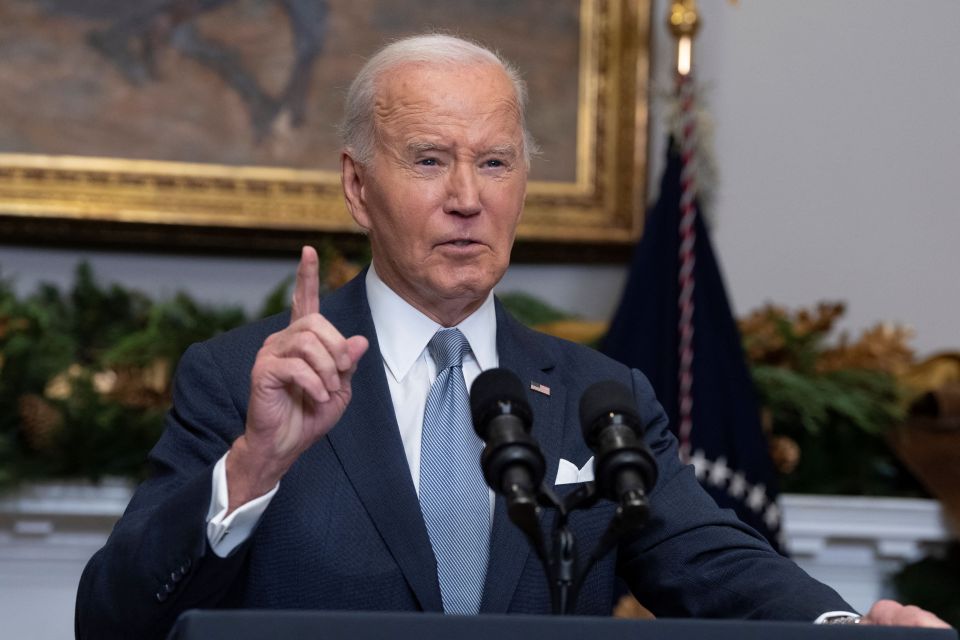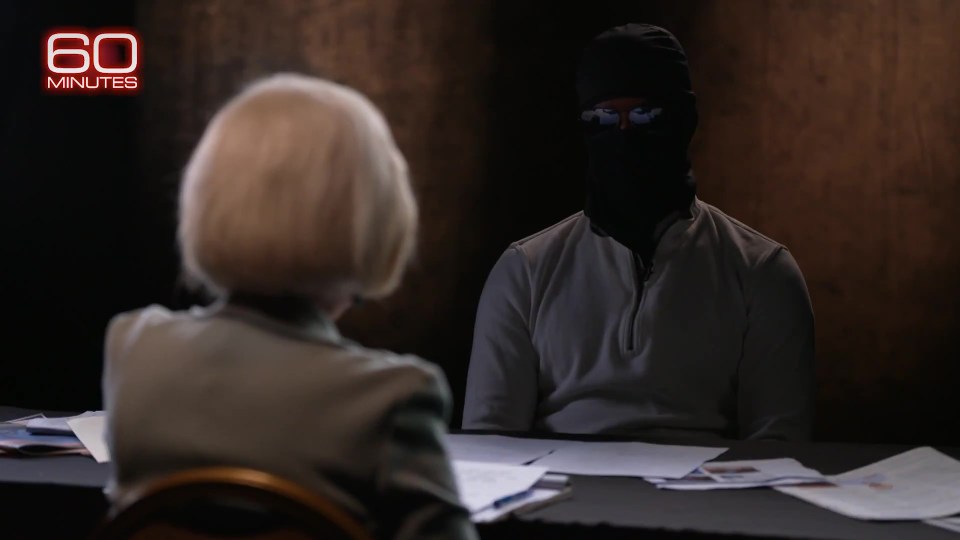South Carolina’s Innovative Pilot Program: Bridging Teacher Vacancies With Non-certified Specialists
A bill moving through the South Carolina House seeks to solve mounting teacher vacancies by allowing non-certified specialists to fill the gaps.
The Center for Educator Recruitment, Retention, and Advancement (CERRA) reported 1,400 teacher openings at the start of the current school year.
“Vacancies have been increasing. This is a disservice to South Carolina students, and if we can’t find a way to keep our best teachers, we won’t be serving their needs,” said Patrick Kelly of the Palmetto State Teachers Association. The House Education Committee decided on Wednesday to move the bill to the floor for debate, eliciting both enthusiasm and mistrust from teacher groups.
The proposed measure establishes a five-year pilot program that would allow most schools to hire up to 25% of their teaching staff from non-certified instructors. While Kelly is skeptical of the proposal, he admits that having non-certified teachers in schools may be preferable to keeping posts vacant.
“Educator certification matters,” Kelly stated. “The shortage is great, and if this is a way to get one more student access to all highly qualified teachers on a short-term basis, then it’s probably where we’re at as a state, which is an unfortunate reality that this is even necessary.”
According to the measure, non-certified instructors must have a college degree in the field they will teach and at least five years of relevant experience. If they want to teach after three years, they must receive certification within that time frame. The bill requires continual training but leaves the specifics to schools and the Department of Education.
The proposed program would last five years until renewed by the Legislature through new legislation. Representative Kambrell Garvin emphasized the necessity of ensuring that these persons receive thorough support and training from their school systems.
“There won’t be folks wandering down the street with no experience and no aid with classroom management. These personnel will go through rigorous training from their school district, which will help assuage whatever concerns I had, and I hope others do as well,” added Garvin.
Garvin explained that this is only one more tool in the toolbox. “Will it resolve all of our concerns with teacher vacancies? No, but it will provide us with another opportunity to attract high-quality instructors for the classroom,” Garvin added.
In addition to the bill permitting alternative certification, MPs introduced supplementary legislation to make educators’ professional teaching certifications permanent and to give teachers the ability to leave their contracts after receiving their income.
Currently, instructors must sign a contract each year before learning what they will be paid. If they breach their contract, they are guilty of unprofessional conduct and may have their license suspended for up to a year.
“It’s wonderful to have the bill with alternative certification to give options for bringing other people into the classroom, but we should also be taking care of the teachers already in the classroom, so combining these two is, in my opinion, the best of both worlds,” Rep. Shannon Erickson, R-Beaufort, said
Kelly agrees.
“We should keep the non-certified teachers. We also need to keep the teachers we have to avoid the need for a noncertified pilot program in the first place,” Kelly stated.











